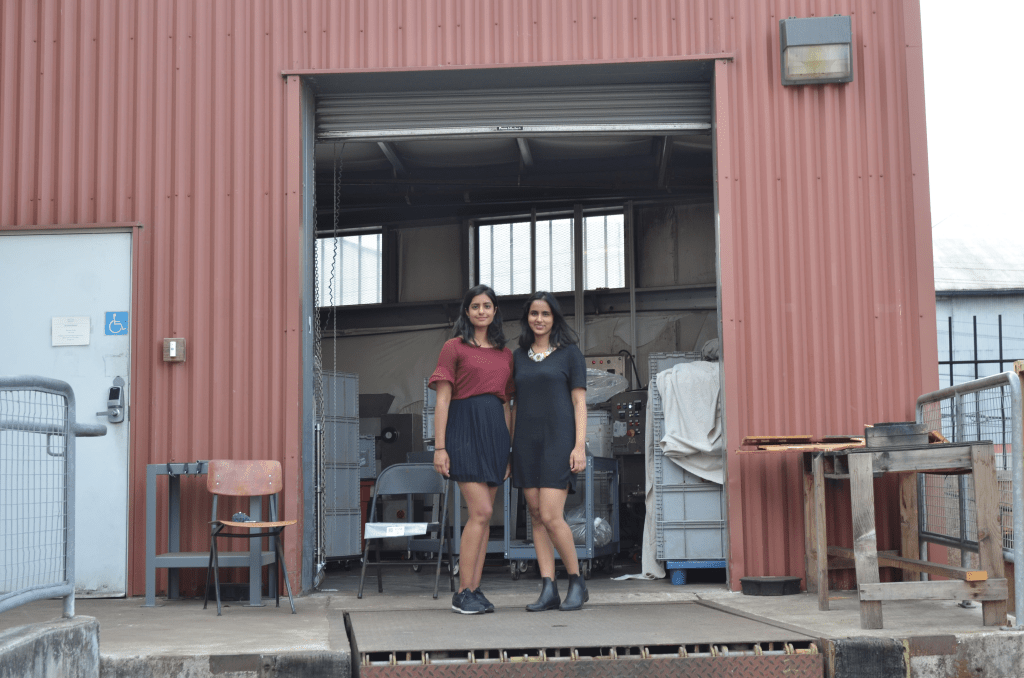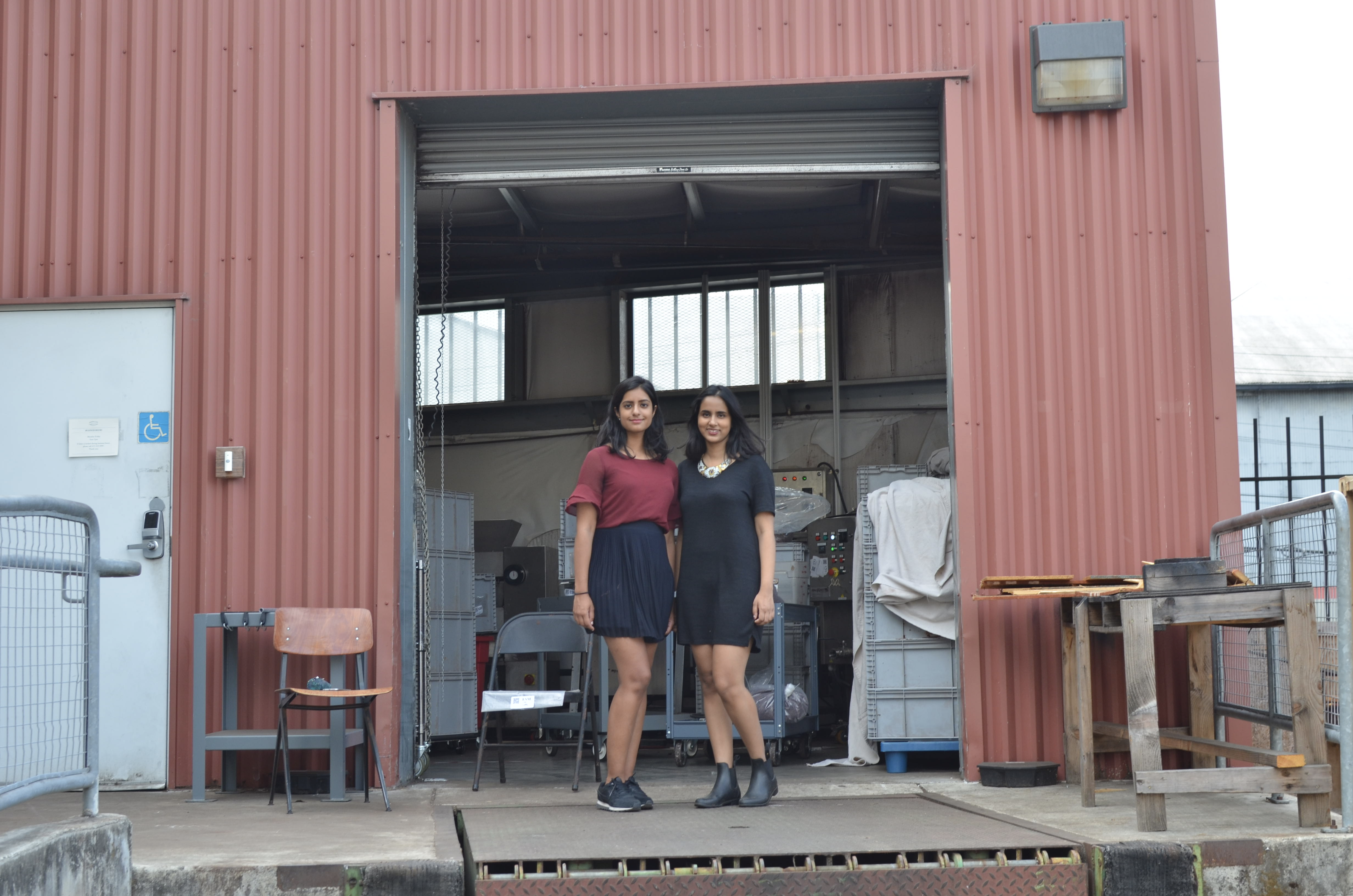Factory operations manager Polymer spins out from Dandelion Chocolate

Not every startup journey starts as sweetly as the road co-founders Ishita Prasad and Maya Balakrishnan took to launching their new company, Polymer — but then again, not every startup takes its inspiration from a chocolate factory.
Spun out from the wildly successful (and wildly expensive) bean-to-bar San Francisco chocolate factory Dandelion Chocolate, Polymer quietly raised $2 million early this year to marry Prasad’s passion for small-scale (chocolate) manufacturing with her past career as an engineer at Alphabet.
The company was actually born from Dandelion’s own needs, Prasad tells me.
“We started building it last October… and we started building it just for Dandelion,” she said. Polymer has a software that uses iPads and Android phones coupled with proprietary software to monitor compliance and line efficiency in small factories.
Workers take pictures of the settings on their equipment and monitor what they’re putting into the equipment or on the line. That gets uploaded into a centralized database to give employers a snapshot of what’s going on with their equipment and what’s happening on the factory floor. Traditionally that oversight was done manually with pen and paper, says Prasad.
The software also collects data directly from the factory equipment, according to Prasad.

Employees at Dandelion Chocolate along with Polymer co-founders Ishita Prasad and Maya Balakrishnan
These kinds of insights were always available to big manufacturers, but smaller companies, like Dandelion have had to make do, Prasad said… until now.
“Our first initial target market is with the smaller manufacturers who employ up to 500 people,” said Prasad. “They have tracking systems and ERPs that are really expensive.”
Thanks to requirements from the Food and Drug Administration, every small food company needs to track inputs and equipment for tracebacks in the event of a potential recall. Factories want to have the insights anyway, because if there’s a problem on the line, it’s better to be able to identify it quickly and take steps to ensure that more batches aren’t affected by a defective product.
The problem was compelling enough to convince Prasad’s fellow Stanford alumnus and good friend Balakrishnan to give up a job at Goldman Sachs in New York and come out to San Francisco to get Polymer off the ground.

Polymer co-founders Maya Balakrishnan and Ishita Prasad
In the U.S. alone, 85 percent of manufacturers qualify as small businesses, employing between five and 500 people. Prasad estimates that the total is close to 200,000 small businesses in the U.S. that could be customers for the company’s software.
Certainly, the tech-savvy co-founder of Dandelion,Todd Masonis, who previously had started the professional networking company Plaxo, was convinced. He joined Harrison Metal, who led the round, along with other big-time angel investors like Andrew Chen from Uber, Brian Balfour of Reforge, Daniel Lurie and Jonathan Bruck from Pocket; and Bubba Murarka, along with other undisclosed investors.
As for how a chocolate company spun out a polymer, Prasad told me the name was chosen because “we wanted to build a tool to allow manufacturers to view the connections between each part of their factory. Like with polymers, we have created a product where the whole is much more useful than the sum of its individual parts — using our tool allows manufacturers to gain much greater insights into their operations than if they were looking at individual pieces of data.”
Featured Image: Emi Moriya/Flickr UNDER A CC BY-SA 2.0 LICENSE
Published at Fri, 27 Oct 2017 21:34:57 +0000





